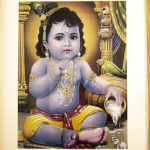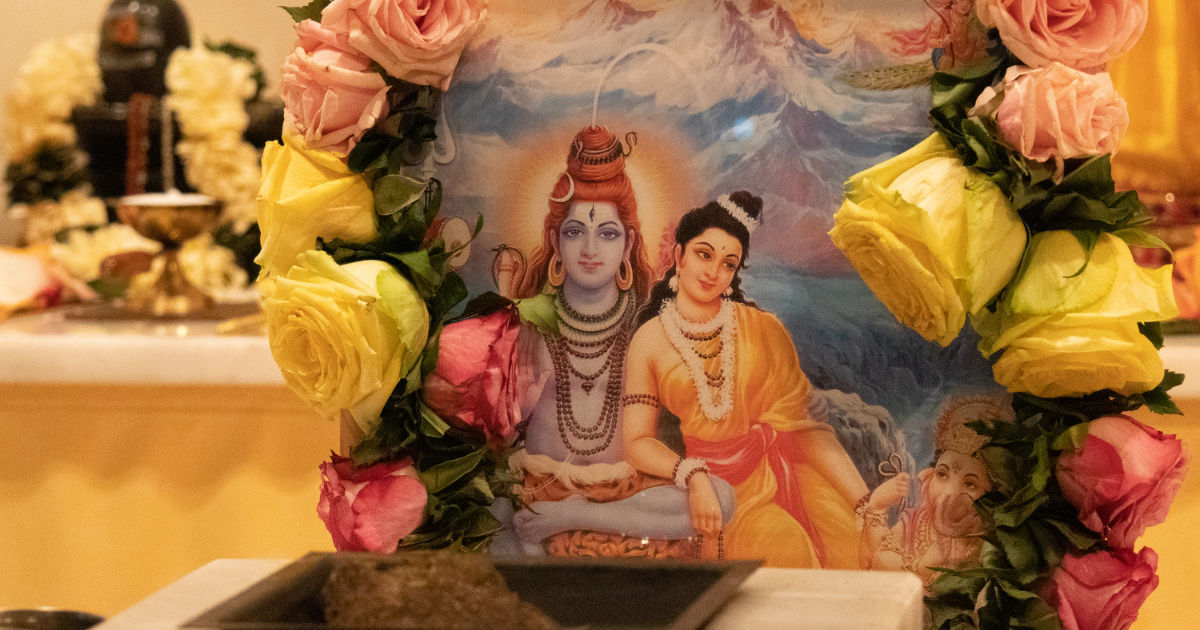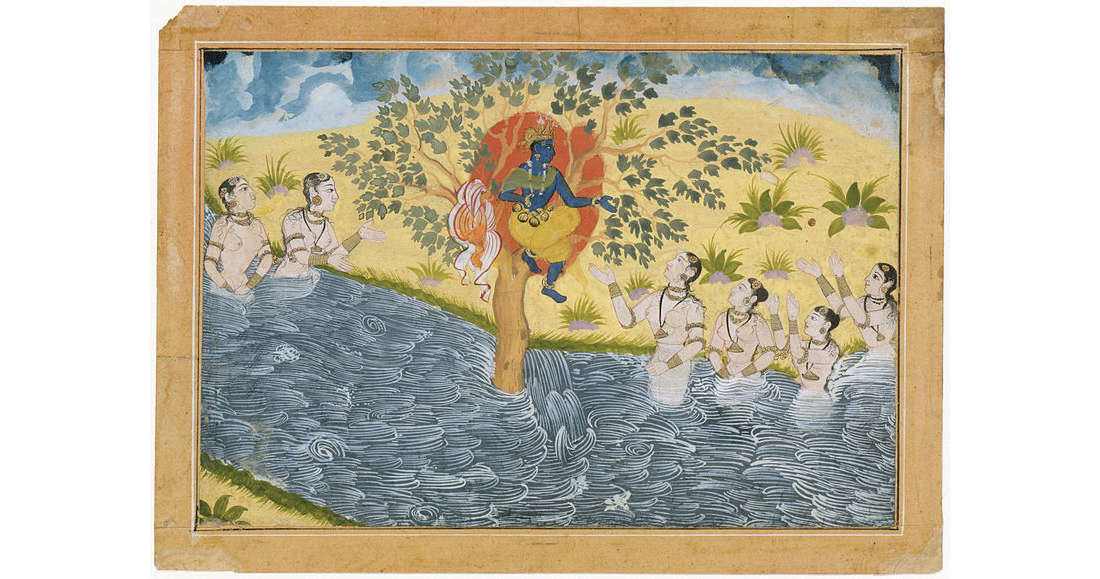What is parental love based on? Father’s love is based on reason and motherly love is based on emotions and unconditional love. Actually, now when we examine parental love, we have to exclude male and female affection. We must address it as who assume the fraternal role and who assumes the maternal role. Continue reading
Tag Archives: unconditional love
751 – Unconditional love
Dear ones, how many of us practice unconditional love? Whom do we remember when we think about unconditional love? Our mothers, family members, relatives? Let me start with Mums, can we think of our mothers with a mean gene in them? Elder sisters, aunts, grannies, teachers and the list can go on. It is surprising that the male relatives do not figure so much on the list. I am not writing to make comparisons but even all our Saints and Gurus remember their mothers. Continue reading
611 – Brighten up our lives
Color and thoughts go hand in hand. Our thoughts are with us constantly and we just ignore the colours surrounding us. All colours have a spiritual aura and we can absorb the colours. Continue reading
504 – Mutual imperfection
It leads to acceptance of each other.
“Shiva, Parvati nu Saubhagya.” The meaning is: may you be as successful as Lord Shiva and Parvati in your married life.
Shiva and Parvati have been eternally married to each other. There is a divine strength which connects them.
Let us examine this heavenly relationship which consists of mutual imperfection leading to the union of prakriti (nature in all her aspects) and purusha (self, pure consciousness). Parvati is prakriti and Shiva is purusha. Continue reading
145 – The air element and anahata connection
The air element is moving constantly and the anahata chakra is in the middle. The anahata chakra is described as the unstruck sound. It is associated as the centre for our wellbeing, our feelings, and emotions. Our atma resides in our heart. It is always pure and uncontaminated. Continue reading
121 – Who is nearer than your breath and what is love
There are two kinds of love according to Sufi Scriptures. One is material love or earthly love and the other is love for the divine. And this divine love is nearer to you than your breath. For a person who loves God, he is nearer to him than his own mind and soul. Your love for God is what gives you strength and courage to face the difficulties and distress in your life. Continue reading
065 – How do we learn to love
Love is a beautiful word. It makes us think of all the wonderful things in the world. Our heart becomes large and we glow with the thought. We love so many things in our life. When we speak about love, our expression changes and we glow. When we speak about anger, we scowl. Continue reading
025 – Love, serve, give
Loving is unconditional. We give love in order to receive love. Whatever we do is guided by our conditional love. It is wonderful when you are in love, but what happens when it is unrequited love. Continue reading
012 – Baby Krishna the butter thief
 Who does not love butter? My grandchildren love it.
Who does not love butter? My grandchildren love it.
Our association with butter is Baby Krishna, and he is called a butter thief. Today is his Birthday, Janam Mashtmi.
Baby Krishna and even as an adult would drink the milk, eat the yoghurt and polish off the butter. The gopis and gopas were ecstatic when he did this. He would sometimes break the pots and would share his booty with the monkey brigade. Continue reading
James Swartz – Devotion and dharma – Talk 11
Verse 10: Elimination of nonessential desires: Worldly or emotional security, wanting to be  recognized. Single goal is freedom. Active sense of renunciation is important. The only security is your self. Five stages of devotion: 1. Sakama Bhakti 2. Nishkama Bhakti. Praying to Isvara to resist your desires. “Zorba the Buddha” versus “Sin intelligently”. 3. Istha Devata Abyasa, Personal deity 4. Visvat svarupa. Worship of everything 5. Non-Duality.
recognized. Single goal is freedom. Active sense of renunciation is important. The only security is your self. Five stages of devotion: 1. Sakama Bhakti 2. Nishkama Bhakti. Praying to Isvara to resist your desires. “Zorba the Buddha” versus “Sin intelligently”. 3. Istha Devata Abyasa, Personal deity 4. Visvat svarupa. Worship of everything 5. Non-Duality.
Verse 11: Suitable values. Crazy wisdom gurus. Follow dharma to protect society.
Verse 12: Firmly commit yourself to maintaining an ethical code even after your devotion to Isvara/God is firm.
Verse 13: As long the notion of doership is present there is the danger of a fall. Enlightenment Sickness. Dharma trumps enlightenment.
Verse 14: For as long as the body lasts, one should minimally engage in worldly activities and only perform those actions necessary to sustain the body. Non-dual devotion is expectation-free.
Verses 15-22. Various definitions of the characteristics of devotion. Love in presence, love in absence. Unconditional love.
Verse 23: If you forget that every person is your self, only selfish passion remains.
More: Vedanta Seminars.
More on: Vedanta.
Learn more about: Yoga Vidya.
You can sign up for: our online seminars.
You can also support us by: donating.
Podcast: Play in new window | Download
Subscribe: RSS









